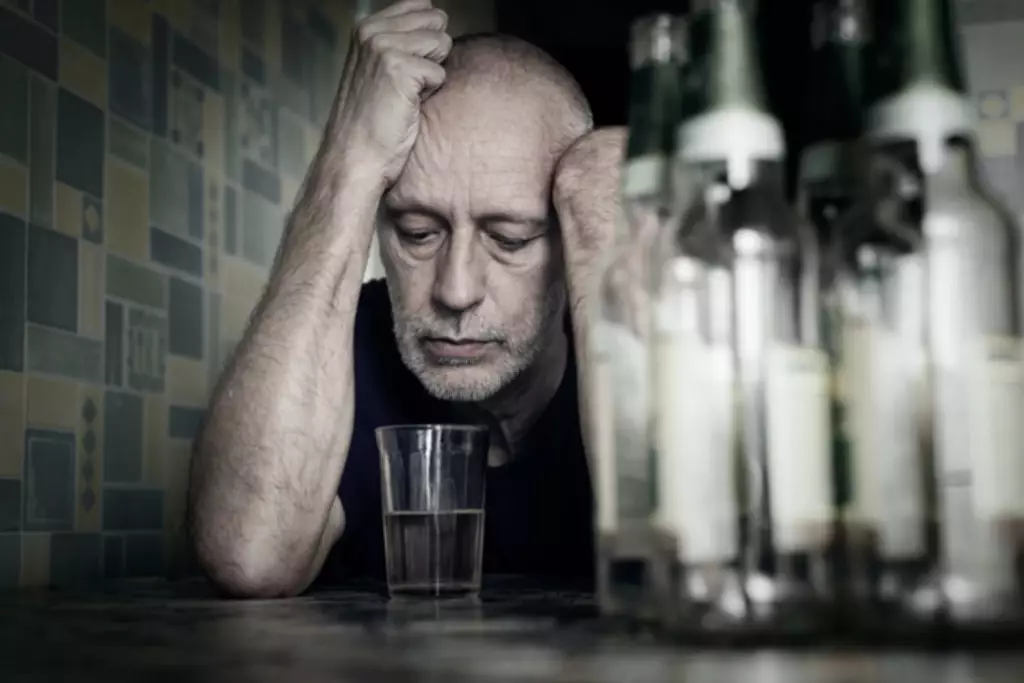Notably, these mechanisms have not yet been validated experimentally in the kidney. Additional research is needed to clarify if alcohol does indeed promote kidney injury and the mechanisms by which alcohol-induced kidney injury may occur. When you drink heavily, your kidneys have to work harder to filter out the alcohol. And in rare cases, binge drinking how does alcohol affect the kidneys — five or more drinks at a time — can cause a sudden drop in kidney function called acute kidney injury. This serious condition occurs when toxins from alcohol build up in your blood so fast your kidneys can’t maintain the proper fluid balance. Though it’s reversible with treatment, it can increase the risk of developing chronic kidney disease.
Data availability
One of the most familiar sayings is to aim for “8 glasses a day,” but this may not be appropriate for every person. If you have kidney cancer, it’s best to talk with your doctor about moderate drinking. Your doctor can give you advice about whether it is safe to consume alcohol while undergoing cancer treatment. Alcohol increases your risk of many types of cancer, including breast, liver, mouth, and colon. However, 2012 research suggests your risk of developing kidney cancer may be lower if you consume alcohol.
Impaired Fluid Handling
In older people, ADH levels sharply increase following alcohol intake, perhaps in part because sensitivity to increased electrolyte concentration is enhanced with age. It is not known whether chronic alcoholic patients experience a similar difference in the ADH response as they age, however. Abstinence is one of the characteristics of human drinking habits; many doctors will encourage patients to stop drinking, which may be good for their health [121]. As for the kidney damage caused by alcohol, some studies discovered that the patients’ renal function recovered after abstinence [1]. However, others also found that abstinence cannot completely repair the kidney injury [26]. Unfortunately, existing clinical studies have not analyzed why some patients with CKD give up drinking and the influence of giving up drinking on the prognosis of these patients.
Understanding the Relationship Between Alcohol and Kidney Cancer
Statins and alcohol: Risks and side effects – Medical News Today
Statins and alcohol: Risks and side effects.
Posted: Thu, 28 Jan 2021 08:00:00 GMT [source]
A relatively low incidence of cardiovascular disease was found in middle-aged French men, despite a relatively high dietary intake of saturated fats. However, some studies have found that ethanol can directly cause kidney damage, independent of liver damage [28,30,31]. Latchoumycandane et al. found that the effects of excessive ethanol metabolism alone are sufficient to significantly damage kidney function, without heavy liver dysfunction.
Small amounts of unwanted substances also are secreted directly into the nephron tubules. Together, the filtered and secreted substances form urine (see figure) and eventually trickle into a series of progressively larger collecting ducts. Each 4.5-inch-long kidney contains about 250 of the largest collecting ducts, each duct transmitting urine from approximately 4,000 nephrons.
Moreover, ethanol-induced kidney injury correlates with leukocyte infiltration and activation without oxidative ethanol catabolism by CYP2E1 [28]. Even without binge drinking, regularly drinking too much too often can also damage the kidneys. Regular heavy drinking has been found to double the risk chronic kidney disease, which does not go away over time. Even higher risk of kidney problems has been found for heavy drinkers who also smoke. Smokers who are heavy drinkers have about five times the chance of developing CKD than people who don’t smoke or drink alcohol to excess. As noted above, there is much to learn about alcoholic kidney disease and the complex interplay among multiple organs affected by alcohol consumption.

Understanding the Risks of Smoking and Kidney Disease
Many studies have confirmed that unhealthy diet and lifestyle can cause various diseases, and heavy alcohol consumption is one of the important factors [66]. As an influential factor of many chronic diseases, alcohol consumption has been increasingly studied in recent years. Many studies have shown that alcohol consumption is related to cardiovascular disease, urinary protein, and CKD [3,6,16,45,66–69]. This review focused on 21 clinical studies of the relationship between alcohol consumption and CKD, including 13 cohort studies and 8 cross-sectional studies.
- This abnormality may reflect the severity of liver disease, but the available data do not allow correlation of kidney impairment with the degree of clinical signs of liver disease, such as ascites or jaundice.
- Studies suggest that ethanol consumption may increase renal expression of other potential sources of free radicals involving a family of enzymes called nitric oxide synthases (Tirapelli et al. 2012).
- Their analysis included 20 studies representing a total of 292,431 patients.
- “Not sure if it’s the one that keeps beverages the coldest or hottest, but I like the size and shape, and my reusable extra-long metal straw fits perfectly,” she says.
- Drinking alcohol alongside some medications can cause problems with other organs such as your liver.
- More clinical and experimental studies are needed to confirm the effect of alcohol consumption on CKD.
- There is no Tolerable Upper Intake Level for water because the body can usually excrete extra water through urine or sweat.
- Even at high blood alcohol levels, only minor fluctuations were found in the rates of plasma flow and filtration through the kidneys (Rubini et al. 1955).
- Similarly, clinicians long have noted significant kidney enlargement (i.e., nephromegaly) in direct proportion to liver enlargement among chronic alcoholic2 patients afflicted with liver cirrhosis.
We typically get about 20% of the water we need from food and the other 80% from fluids, Haar says. Thus, women need about nine cups of fluids, and men need about 13 to maintain adequate hydration. For about 30 summers, Mindy Haar worked as the head lifeguard at a sleepaway camp in the Catskill Mountains.

It’s found in a wide range of alcoholic beverages including beer, wine, and spirits like vodka, whiskey, rum, and gin. In particular, the life of a renal patient is often made difficult by various restrictions imposed by illness. Pre-Dialysis patients may manage their diet and lifestyle to lengthen the health of their kidneys, dialysis patients are asked to manage diet and fluid as well as dealing with a frequent dialysis regime. Transplant patients are still not out of the woods and need to be consistent with daily medication as well as looking after their health and drinking enough water. Kidneys help filter toxins from your blood, and they also help to ensure you’re maintaining the right amount of water in your body. First, alcohol itself is considered a harmful substance that your kidneys have to work to filter out of your blood.


